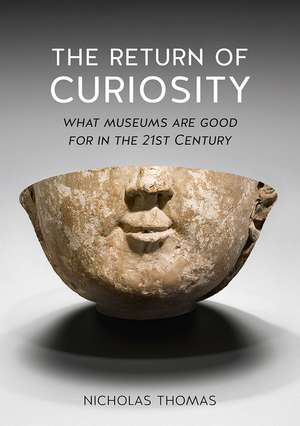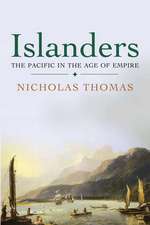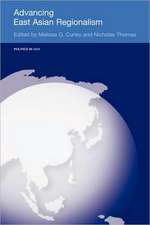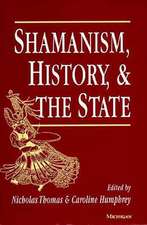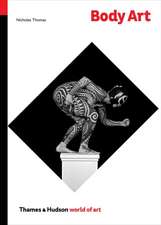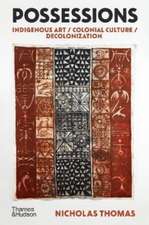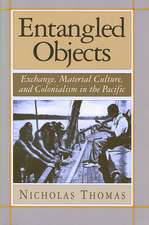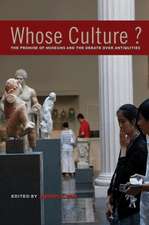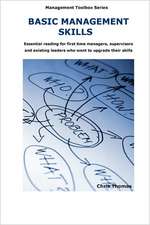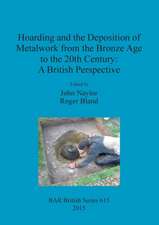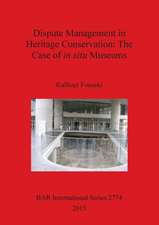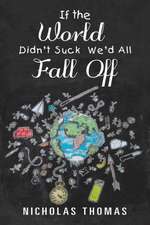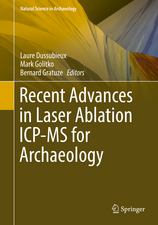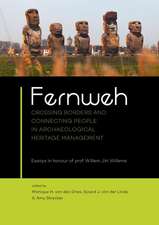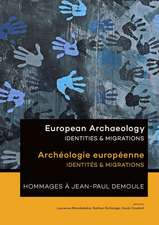The Return of Curiosity: What Museums are Good For in the 21st Century
Autor Nicholas Thomasen Limba Engleză Paperback – 15 aug 2016
The Spy Museum, the Vacuum Cleaner Museum, the National Mustard Museum—not to mention the Art Institute, the Museum of Modern Art, and the Getty Center: museums have never been more robust, curating just about everything there is and assuming a new prominence in public life. The Return of Curiosity explores museums in the modern age, offering a fresh perspective on some of our most important cultural institutions and the vital function they serve as stewards of human and natural history.
Reflecting on art galleries, science and history institutions, and collections all around the world, Nicholas Thomas argues that, in times marked by incredible insecurity and turbulence, museums help us sustain and enrich society. Moreover, they stimulate us to think in new ways about our world, compelling our curiosity and showing us the importance of understanding one another. Thomas looks at museums not simply as storehouses of old things but as the products of meaningful relationships between curators, the public, history, and culture. These relationships, he shows, don’t always go smoothly, but they do always offer new insights into the many ways we value—and try to preserve—the world we live in.
The result is a refreshing and hopeful look at museums as a cultural force, one that, by gathering together paintings, tropical birds, antiques, or even our own bodies, offers an illuminating reflection of who we are.
Reflecting on art galleries, science and history institutions, and collections all around the world, Nicholas Thomas argues that, in times marked by incredible insecurity and turbulence, museums help us sustain and enrich society. Moreover, they stimulate us to think in new ways about our world, compelling our curiosity and showing us the importance of understanding one another. Thomas looks at museums not simply as storehouses of old things but as the products of meaningful relationships between curators, the public, history, and culture. These relationships, he shows, don’t always go smoothly, but they do always offer new insights into the many ways we value—and try to preserve—the world we live in.
The result is a refreshing and hopeful look at museums as a cultural force, one that, by gathering together paintings, tropical birds, antiques, or even our own bodies, offers an illuminating reflection of who we are.
Preț: 137.85 lei
Nou
Puncte Express: 207
Preț estimativ în valută:
26.38€ • 27.61$ • 21.83£
26.38€ • 27.61$ • 21.83£
Carte disponibilă
Livrare economică 17-31 martie
Livrare express 28 februarie-06 martie pentru 17.66 lei
Preluare comenzi: 021 569.72.76
Specificații
ISBN-13: 9781780236568
ISBN-10: 1780236565
Pagini: 144
Ilustrații: 35 halftones
Dimensiuni: 146 x 210 x 13 mm
Greutate: 0.2 kg
Editura: REAKTION BOOKS
Colecția Reaktion Books
ISBN-10: 1780236565
Pagini: 144
Ilustrații: 35 halftones
Dimensiuni: 146 x 210 x 13 mm
Greutate: 0.2 kg
Editura: REAKTION BOOKS
Colecția Reaktion Books
Notă biografică
Nicholas Thomas is the director of the Museum of Archaeology and Anthropology in Cambridge and the author of many books.
Cuprins
Introduction
The Ascendancy of the Museum
The Museum as Method
The Collection as Creative Technology
Conclusion
References
Acknowledgements
Photo Acknowledgements
Index
The Ascendancy of the Museum
The Museum as Method
The Collection as Creative Technology
Conclusion
References
Acknowledgements
Photo Acknowledgements
Index
Recenzii
"It is less readily evident how, in a world of diverse and vigorously competing media, museums should best present their collections and their significance to the public. This conundrum is especially painful in a time of postmodern ideologies that, in Thomas’s words, view museums as “challenged, flawed, and in retreat”. In The Return of Curiosity Thomas, an ethnologist and historian who is Director of Cambridge’s Museum of Archaeology and Anthropology, asks just what kinds of dialogue museums should be having with the public. . . . All of this is wise advice that trend-chasing museum directors everywhere would do well to heed."
"This is a useful and deeply felt study which addresses many of the most important issues that vex the museum as it advances, ever more popular and more visited, into the twenty first century."
"The thrust of his ruminations on the nature of collections is that, like collections of people, the sum is greater than the parts because of the dialogues, conversations, connections and interactions between inanimate objects (animated by both curators and public) as well as people. If this sounds twee, it is not, as his writing is spare, elegant and persuasive. And in small compass, the issues he raises are extraordinarily wide-ranging . . . In its quiet, well-mannered way, Thomas’s essay is a passionate polemic, of profound interest to the visitor and the museum professional."
"Nicholas Thomas’s The Return of Curiosity is a fresh and critical look at museums as sites of knowledge and wonder. He calls on museums to reveal the complexity of their collections as things with histories as things. This is not, he argues, “because everyone needs a lesson in the history of collection, but because the strange gathering of related stuff that constitutes the collection has a certain magic; it amounts to a realm of exploration that people ought to have the opportunity to enter and enjoy as well as understand.” Museum visitors have agency. And Thomas persuasively argues that museums should do everything in their power to encourage their visitors to follow their curiosities. For “this curiosity, this questioning is a skill . . . ?[And] that is what, for all of their faults, museums are good for in the twenty-first century.” I couldn’t agree more."
"Thomas has written a highly intelligent and intellectually wide-ranging analysis as to why museums matter and are so successful in the twenty-first century. After years of self-flagellation in the museum profession and sociological critique, it is wonderful to read someone who works at the heart of museums writing so inspiringly about the ways in which museum collections (and not just what is on display) encourage artistic interpretation, research, self-discovery, and free thinking."
"An intelligent, balanced and reflective overview of what it is, exactly, that matters about museums at the moment – a broad question that should concern all present or would-be museum professionals, and any general reader who cares about the place of material culture in contemporary life."
"In this eloquently argued book, one of the world’s most distinguished academic museum directors refutes critiques of museums as sites of illegitimate authority, pointing out that museums sustain civil society, and constitute a space of participation in public life. Thomas further contends that museums can only function well if they remain sites of scholarship, their collections “telling assemblages” rather than individual artworks and specimens, prompting and nurturing curiosity not only about visitors’ own societies but others, too. I breathe a sigh of relief that so fine a scholar should have written such a sober and well-informed account of the positive role of museums of all kinds. Let us hope that critics, trustees, bureaucrats, and patrons pay attention."
